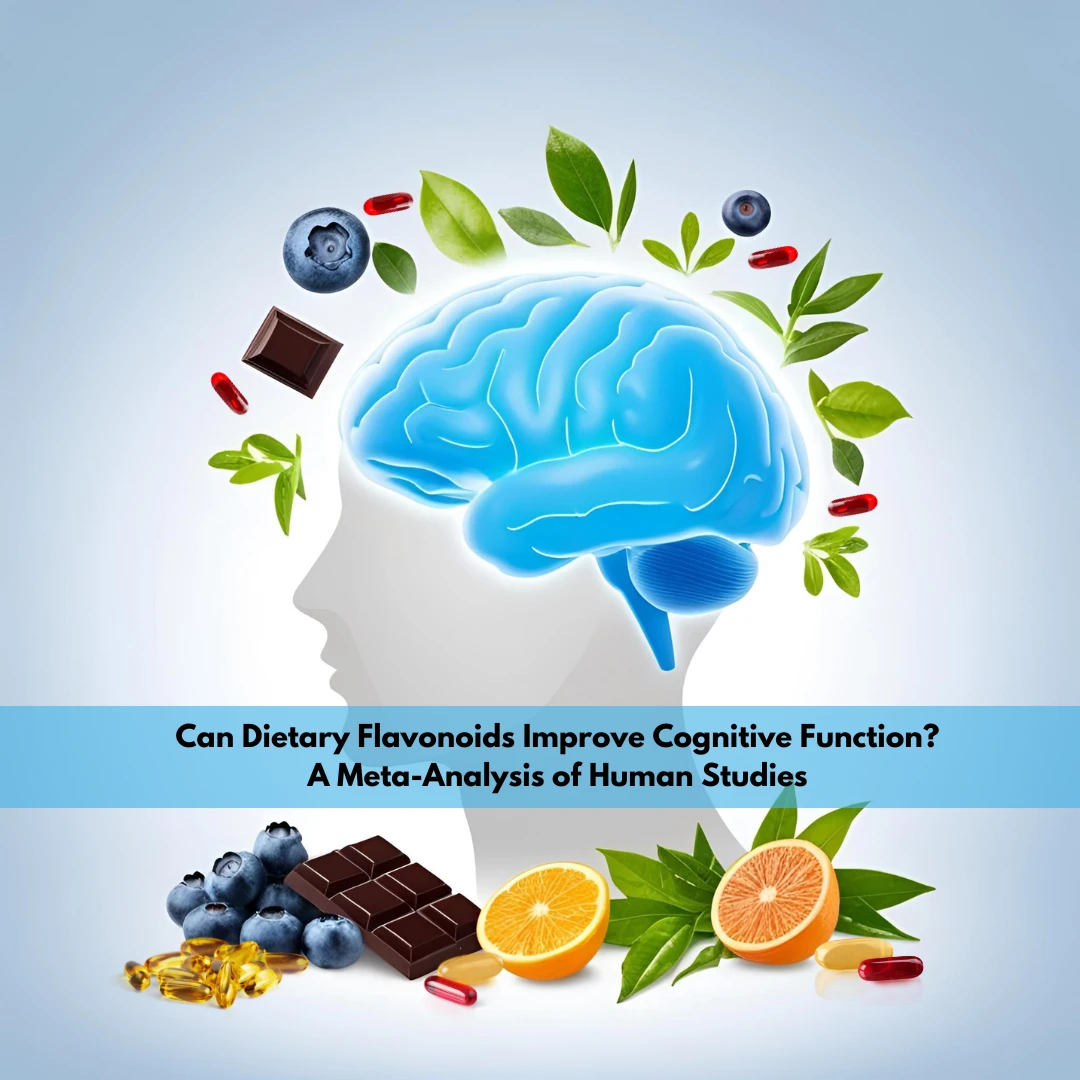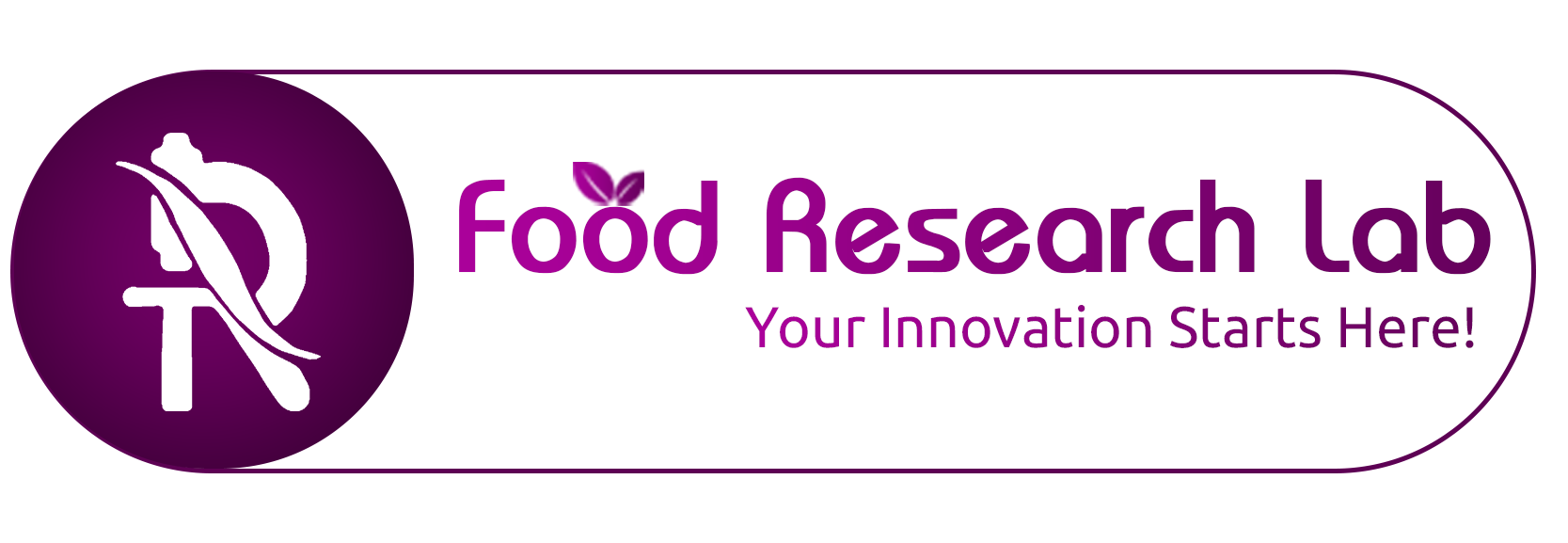Cognitive Health Support from Flavonoids
- Consider looking for flavonoid-containing foods or supplements from the following sources:
- Cocoa flavonoids—found in dark chocolate and cacao, have been linked with memory and attention.
- Ginkgo biloba—a very popularly used supplement that claims to improve circulation and cognitive performance.
- Berry flavonoids (Anthocyanins & Flavanols)—found in blueberries, strawberries, and blackberries, and studied for their benefits on memory and processing speed.






